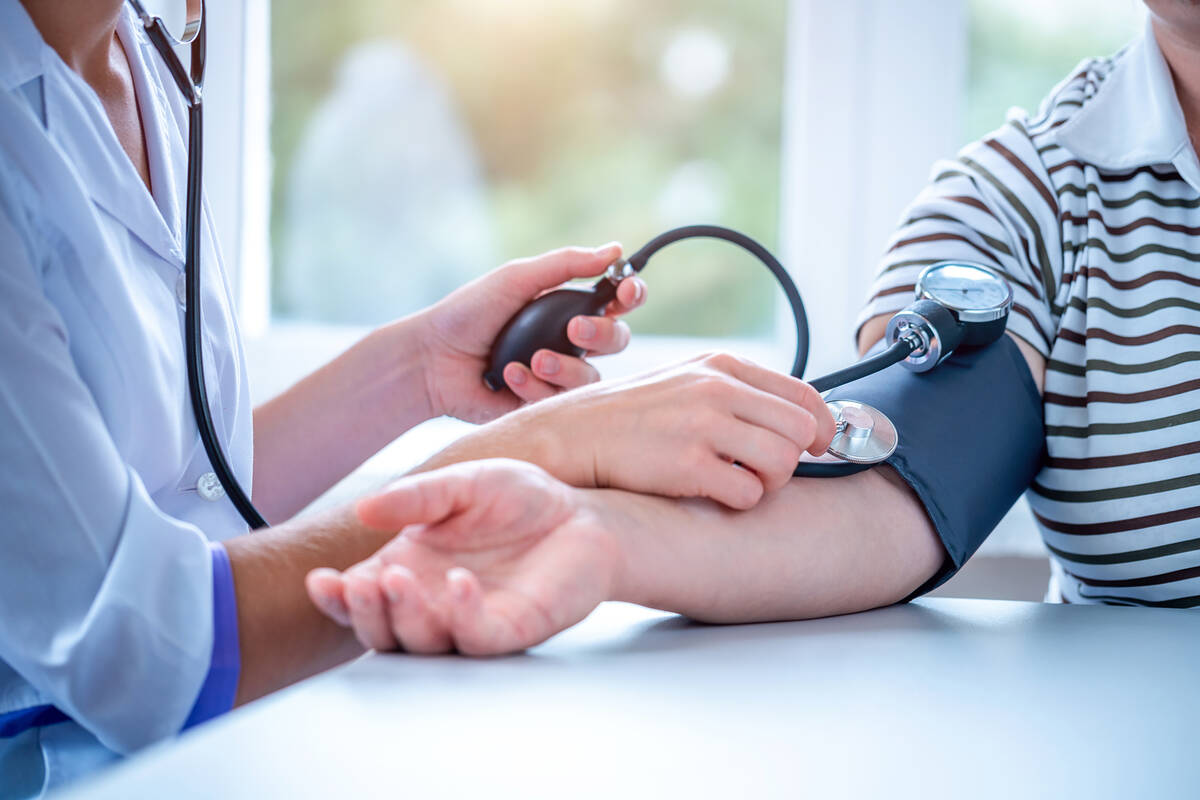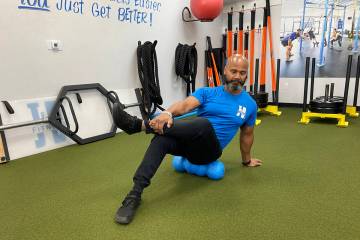Is there an optimal time to take blood pressure medication?
Question: I was recently prescribed high blood pressure medication. My routine was to take the pills before bed, but I’m finding when I do, I’m up all night using the bathroom. Does it really matter when I take the medication? Also, will I likely have to take this medication for life?
Answer: The most important thing about blood pressure medications is to take them every day simultaneously and not miss doses. Taking blood pressure medication before bed is usually unnecessary unless your doctor has specifically instructed you to.
One of the most common blood pressure medications is a diuretic or water pill. Diuretics are very effective at lowering blood pressure and are often the first therapy prescribed as a blood pressure-lowering agent. Examples of diuretic medication include hydrochlorothiazide or furosemide. These medicines are meant to remove excess fluid from the body through urination, so taking them at night will keep you up and interfere with sleep. Diuretics should normally be taken in the morning or, if taken twice daily, at least six hours before bedtime.
In the past, many doctors recommended taking blood pressure medication at night because heart attacks happen most often in the early morning hours. However, since blood pressure typically drops at night in people with normal and high levels, it is unnecessary to drop it further.
In addition, modern blood pressure medications are cleared from the body more slowly, so timing is less important. As long as the medication is taken regularly, preferably at the same time daily, it doesn’t matter what the clock reads.
Discussing an alternative medication with your health care team may be valuable if you still struggle with excessive urination overnight.
As far as whether you will take medication for life, it really depends on your situation. Lifestyle adjustments can help lower or eliminate the need for medicine over time.
Consider these recommendations to help reduce hypertension:
Dietary changes
What you eat can have a direct effect on your blood pressure. The most valuable tip is to limit sodium. Reducing the amount of salt, saturated and total fat in your diet, adding in whole grains, low-fat dairy and increasing the number of fruits and vegetables daily can help maintain normal blood pressure. Overall, the more processed the food, the less healthy it is because more salt, sugar and saturated fats are added to make it more appealing.
Exercise regularly
Research shows that regular physical activity can aid blood pressure management. In overweight people, blood pressure can be reduced simply by losing even 5 pounds. The American Heart Association advises adults to aim for at least 150 minutes of moderate-intensity or 75 minutes of vigorous-intensity aerobic exercise each week and muscle-strengthening activity at least two days each week.
Limit alcohol and tobacco
Many people do not realize that alcohol increases blood pressure. It is best to refrain from alcohol. Otherwise, women should limit alcoholic drinks to one a day, and men limit themselves to two alcoholic drinks per day. In people older than 65, alcohol has a better chance of interacting with medications, particularly if more than one drink is consumed.
Quitting all forms of tobacco also can help improve overall health and reduce your risk of heart attack and stroke.
Reduce stress
Stress alone may not cause high blood pressure, but daily stress is more likely to elevate blood pressure, even if a person is already taking blood pressure medication. Stress can be managed in various ways not involving medication, such as cognitive behavioral therapy, biofeedback and adoption of other habits, such as yoga, meditation and mindfulness.
Regularly check your blood pressure and stay in touch with your health care team as you make lifestyle adjustments. Never alter or stop taking medications prescribed for you without talking with your physician first, even if the side effects are challenging.
Hopefully, with diet changes, exercise and less stress, you can begin to see your blood pressure number change for the better.




























